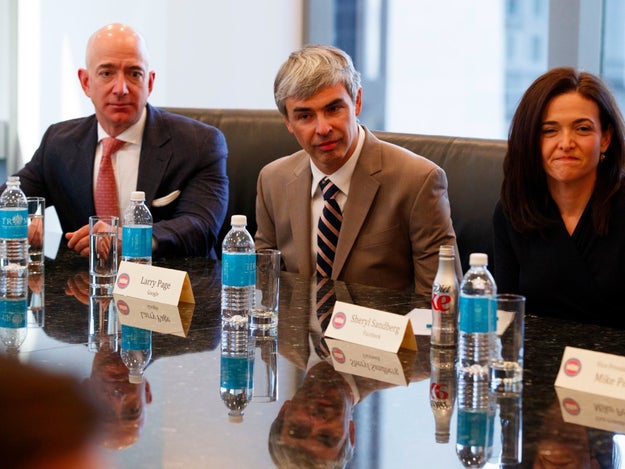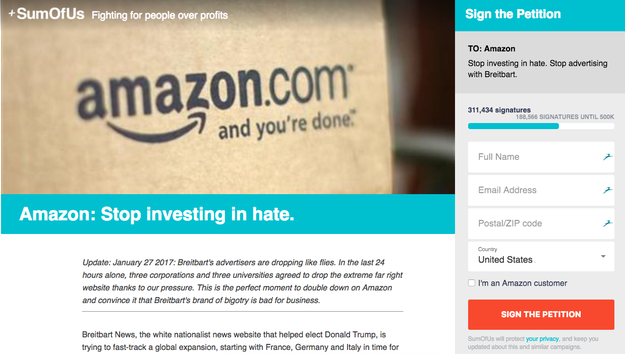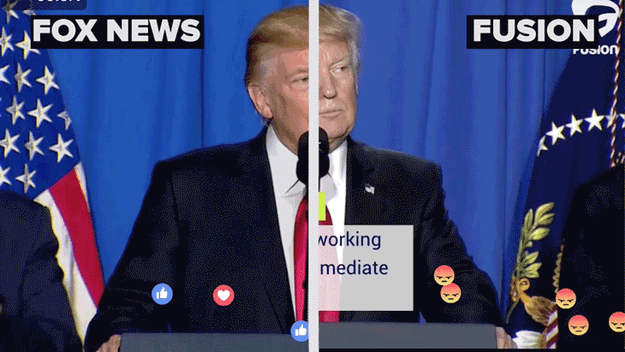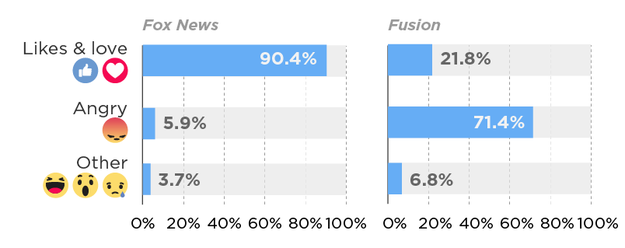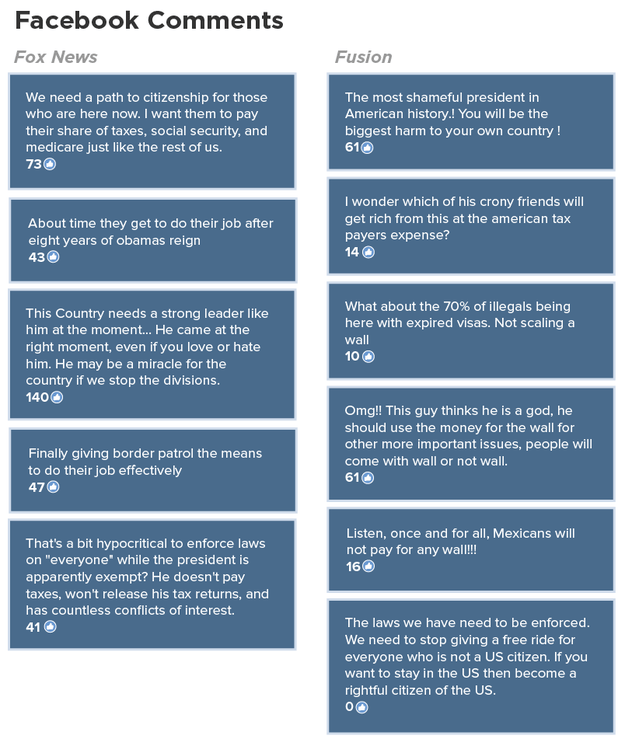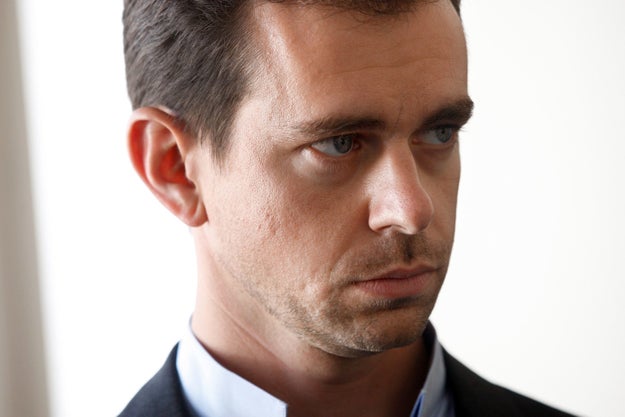People Are Figuring Out How To Cheat Facebook To Spread Their Political Messages
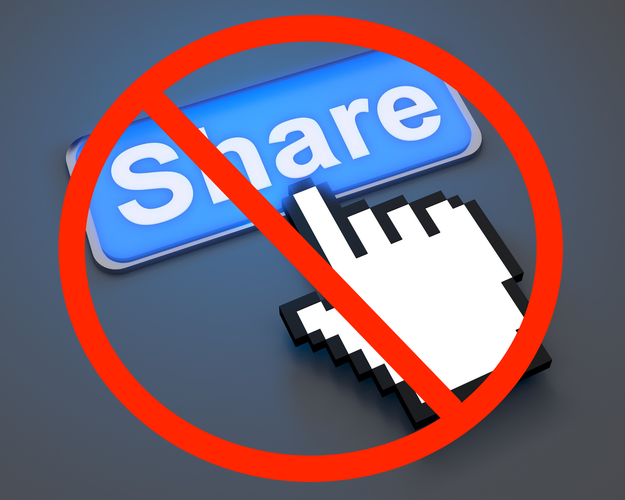
You’ve probably noticed this in the last few weeks on Facebook. Maybe a friend of yours, maybe it’s even you. Someone particularly impassioned about politics, or perhaps someone who usually keeps quiet but has been moved to post all of a sudden. Perhaps the language of it doesn't not really seem like the way your friend usually talks.
It’s a text post, usually a pretty long one. It’s political – but more than just an opinion, a call to action. Maybe it’s instructions of how to call your local legislator, or maybe it’s just instructive in a vaguer sense of like “if you voted for [whoever], fuck off!”
But the last line has an interesting twist: “COPY AND PASTE TO SHARE&033;”
Facebook, of course, has a way for you to share text statuses: the “Share” button. These people know that. They also know that Facebook’s newsfeed has an algorithm, and that algorithm is confusing and opaque. They know some things will get pushed to the top of their friends’ feeds, and some things won’t. The theory here is that a NEW text status, rather than a share of an existing one, will be shown more prominently.
There’s a practical design issue here too: A long text in shared post gets cut off – you have to click to “see more”. In a fresh post, more of the text shows up in your friends’ feeds.
I asked one of my Facebook friends why he was doing it. “[It] came down to how it looks when you share something that is just text on Facebook,” said Preston Olson, 40, of New Jersey. “It just shows only the first line or two. Then you have to click on it, it opens up a new page to get the full text. It’s annoying.” He had posted a long list of political actions since the Women’s March on Washington that he saw as positive (I saw other friends, completely unrelated to Olson, also copy and paste the same text).
People are revolting against the medium to get their message out. We’re starting to fight the tyranny of the feed, the sense that in a deluge of information that our friends see, our own voices won’t cut through.
This isn’t the first time this kind of attempt to game the algorithm has happened. You may have seen a life event update that your friend Got Married, and then in the description something like, “don’t worry, Mom, I’m not really married. I just wanted to tell you all about something very important to me….” People figured out that “life events” like changing your status to engaged or married is hugely prioritized in Facebook’s algorithm, and they used that instead of a text post to write their political screed. Others noticed that even if you didn’t do the full-on “life event” but just MENTIONED words like engaged, married, ring, baby, announcement that Facebook magically knew that this was probably a life event announcement that would be prioritized.
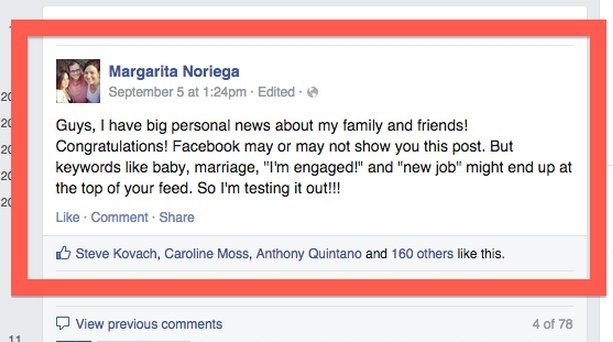
Losing our voices to the chaos of the feed is a fear to more than just the politically minded among us. Remember the great chaos this spring among C-list celebrities and social media stars when it was announced that Instagram was going to switch to an algorithmic feed? They all posted asking their followers to turn on notifications for their images so that they wouldn’t miss them. Can you imagine? Getting a notification alert on your phone each time a former contestant from The Bachelor posts to Instagram? Hell is truly within our reach.
So why are we seeing this “copy and paste, don’t share&033;” Facebook meme all of a sudden? Well, for one thing, it’s got a built-in call to action to share. That does actually help things go viral. But more than anything, the last two week have stirred some sort of political passion inside people who would normally never bother posting political messages. Innovation springs from need, and these people who have been pushed over the edge into the realm of political posting have invented something new: a way to trick Facebook into pushing their message into your face.
Unfortunately, for those who are allergic to political talk on social media and have been dealing with a full year now of watching relatives and high school friends arguing back and forth, this is just making 2017 worse.
Quelle: <a href="People Are Figuring Out How To Cheat Facebook To Spread Their Political Messages“>BuzzFeed
